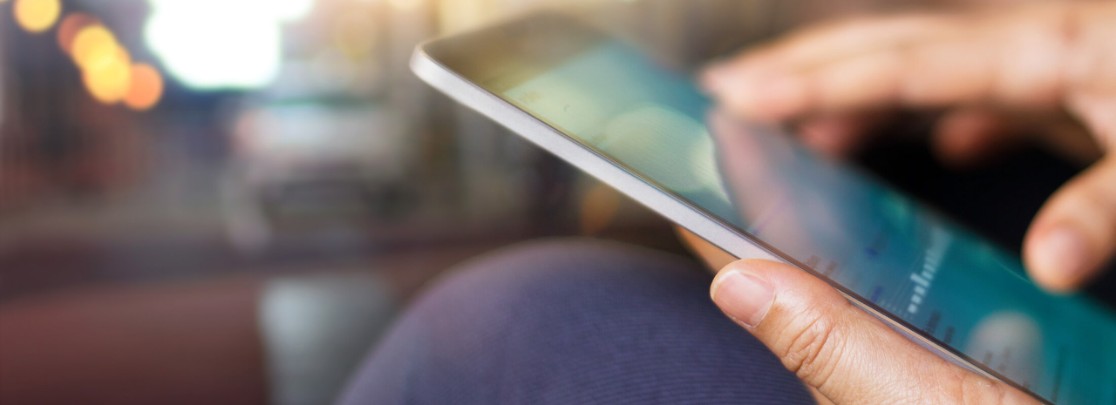(Note: Information in this article was accurate at the time of posting. For the latest information about the monkeypox outbreak, visit the CDC website or your state and local public health department.)
With monkeypox cases on the rise across the world, it’s important to know the facts and signs of a possible infection. Monkeypox belongs to the Orthopoxvirus family, which includes smallpox, cowpox, and molluscum contagiosum. Most people with monkeypox experience mild symptoms and recover without treatment, although the lesions could be quite painful for some patients. For those who get very sick or patients with weakened immune systems, there are several antiviral medications that can help. Additionally, some individuals may be eligible for a vaccine if they meet the criteria of the CDC and public health officials. Here’s a look at what we know about the disease.
What is monkeypox, and what are the symptoms?
Monkeypox is a viral disease. It spreads through direct contact with the monkeypox virus. Symptoms are similar to smallpox, which was eradicated in the 1980s, but milder. People with monkeypox may get a low-grade fever, headaches, and a rash. Unlike smallpox, it is uncommon for the rash to spread to all body parts. In this new outbreak, experts see more lesions in the genital and rectal areas. "The rash can be mistaken for a symptom of herpes or syphilis, and even chickenpox if it's widespread," said Dr. David Quimby, infectious diseases expert at Creighton School of Medicine and CommonSpirit Health.
How does it spread?
Monkeypox spreads through direct skin-to-skin contact with the infectious rash, scab, or body fluids. Sometimes, someone can catch the virus when they touch clothes or bed linens that have touched the rash or body fluid. Additionally, transmission is also possible through close exposure to respiratory droplets. For instance, someone with an infected sore in their mouth or throat could spread it when they come into close face-to-face contact with people, added Quimby. However, the CDC states you can’t spread the virus through casual conversation.
Monkeypox is not easily transmitted through the air, although, Quimby explains that a small risk of aerosol spread is possible. That's when someone breathes a droplet containing the virus that’s floating in the air. While this virus is not known to linger in the air, more research is needed. For now, experts recommend monkeypox patients limit their contact with others as a precaution.
Monkeypox is most contagious when symptoms are present in the early days of the infection. In contrast, a person is least contagious when the rash completely heals. The illness can last two to four weeks. According to the CDC, people who do not have monkeypox symptoms cannot spread the virus to others.
When to get tested and treatment
Anyone with a rash that looks like monkeypox should ask their doctor if they need to test for the disease.
"People seeking testing for monkeypox cannot go to a lab, submit a blood sample, and request testing," said Quimby. No monkeypox home tests exist, so anyone suspecting monkeypox infection should call their doctor for them to order the test. Testing involves a clinician swabbing the lesion and submitting the sample to a lab for processing.
Some antiviral drugs that help protect against smallpox and can be used to treat monkeypox infections, but they’re unavailable at your local pharmacy. “Some medications are available for high-risk people, but they can currently only be obtained through the health department,” said Quimby. High-risk individuals are those who have had close contact with someone who has tested positive for monkeypox.
Is there a vaccine available?
Two vaccines are available to protect against monkeypox when given before exposure. Vaccination after exposure to a person with monkeypox may also help prevent or make the disease less severe. JYNNEOS is the preferred vaccine for adults 18 or older and people with compromised immune systems but is in short supply. An older generation smallpox vaccine, ACAM2000, is widely available but is not recommended for people with weakened immune systems and certain skin conditions. It's also not recommended for pregnant women.
While there have been some fatalities in the current global outbreak, most people are not sick enough to require a hospital stay, added Quimby. Still, it’s important to know the signs of a possible infection so you can get help. “The most effective way to curb the spread is to get the correct diagnosis and vaccinate the patient’s close contacts to prevent them from becoming ill,” said Quimby. You can schedule an appointment for the vaccine through your local or state health department, but you must meet the eligibility criteria.
If you believe you have been exposed to monkeypox or have monkeypox-like symptoms, contact your physician.
Sources:
CDC Monkeypox Response: Transmission | CDC Online Newsroom | CDC
